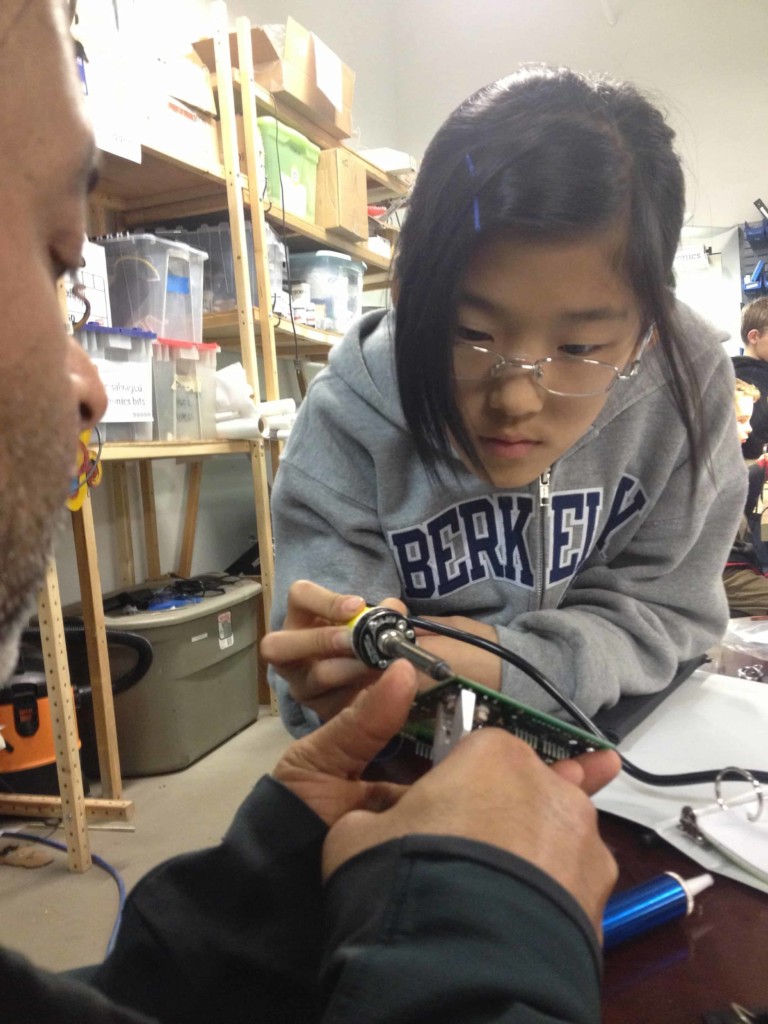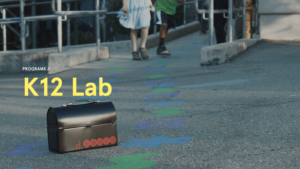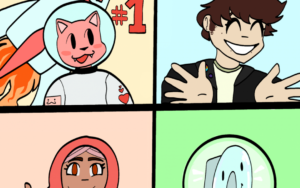Hacking the Scouts

In the world of DIY, “hacking” is the idea of taking something and modifying it to fit your needs. With the spread of maker culture (think Maker Faire, makerspaces, or the proliferation of knitting clubs), many parents have found benefits beyond the ability to build Arduino-based gadgets. They’ve found a way to engage with their kids in “STEAM” – Science, Technology, Engineering, Art, and Math – while at the same time building their kids’ confidence, resourcefulness, and ingenuity.
Dion Lim and his wife consider themselves involved parents. “I wouldn’t say we’re helicopter parents but… we’re definitely very involved,” says Lim. Their three children – a boy, age 8, and two girls, age 11 – attend a good public school and participate in several after-school activities. So they weren’t looking for an additional after-school activity when they stumbled across Hacker Scouts.
Based out of Ace Monster Toys, a hacker space in Oakland, California, Hacker Scouts is like a hacker club for kids. “Hacker Scouts was born out of our own family’s love of Making and noticing that there was a need in our community,” writes Executive Director Samantha Cook in response to recent coverage of the program.
The Lims found out about Hacker Scouts by chance. Lim’s daughter Diana explains that her mother heard about “Hacker Moms” from another mother and, in the process of looking into the group, found Hacker Scouts. “We usually go to this Maker Faire but I didn’t even really know what hacking was,” Diana says. “I was really nervous [about joining] but then it was really fun.”
Hacker Scouts has been compared to Boy Scouts, and the group does award badges for learning skills, but work is far more personalized than a Scout troop’s activities. “I think that even though it sounds like Boy Scouts and Girl Scouts it’s really different because everyone’s doing separate things,” notes Diana. Hacker Scouts emphasized autonomy – although a group may be working in the same space at the same time, children choose which projects they want to work on and pursue them mostly independently with help available from mentors. In addition to teaching skills like how to solder a circuit, Hacker Scouts encourages kids to learn core values from leadership to resourcefulness.
The Lims have come to view Hacker Scouts as integral to how they want to parent their children. “Hacker Scouts is the number one program that’s building their resourcefulness, preparing them for the future, and getting them comfortable with technology,” says Dion Lim. “The kind of skills that they’re learning in hacker scouts, it’s so obvious it’s so much more relevant than [what] they learn in other places. … It’s going to be a big part of their lives. We feel really lucky.”
“My favorite thing about Hacker Scouts is that we can do lots of projects that we can’t do at school or at home by ourself and we have lots of opportunities to do cool new things,” enthuses Natalie. “I really like doing the soldering,” adds Diana, “putting together a circuit, getting the pieces and soldering them on … by yourself with just a little bit of help. I kinda wanna program something and learn coding when I grow up so I can do stuff ‘cause I kinda wanna make a video game or program a robot.” Diana, Natalie, and Atticus are all currently working on their hackerling circuit badges. Afterwards, Natalie wants to work on an art badge or mechanical badge “because I wanna forge armor and in art I want to do videography which seems really cool,” she explains. Atticus wants to work on LED and 2D to 3D next in order to create wearable electronics.
“One thing about the Hacker Scouts,” Dion Lim notes, “the participation of mentors and parents is very important,” adding that one Boy Scout leader can teach 15 boys how to tie a square knot, but “when you are trying to work with kids who are soldering you need a lot more people.” Ace Monster Toys provides space and equipment for Hacker Scouts and adults alike, but the Hacker Scout mentors are “definitely a factor for success.” And what about areas that don’t have access to a hackerspace at all? Lim thinks hackerspaces in public school classrooms would be a bright idea: “That would be fabulous, fabulous if every public school had a makerspace. Or even children’s museums.” Hacker Scout troops have been popping up around the country in recent months. Maybe it’s a good time to call your local PTA.
Photo of Natalie and a mentor soldering courtesy of Dion Lim.







0 Comments
Leave a Comment
Your email address will not be published. All fields are required.